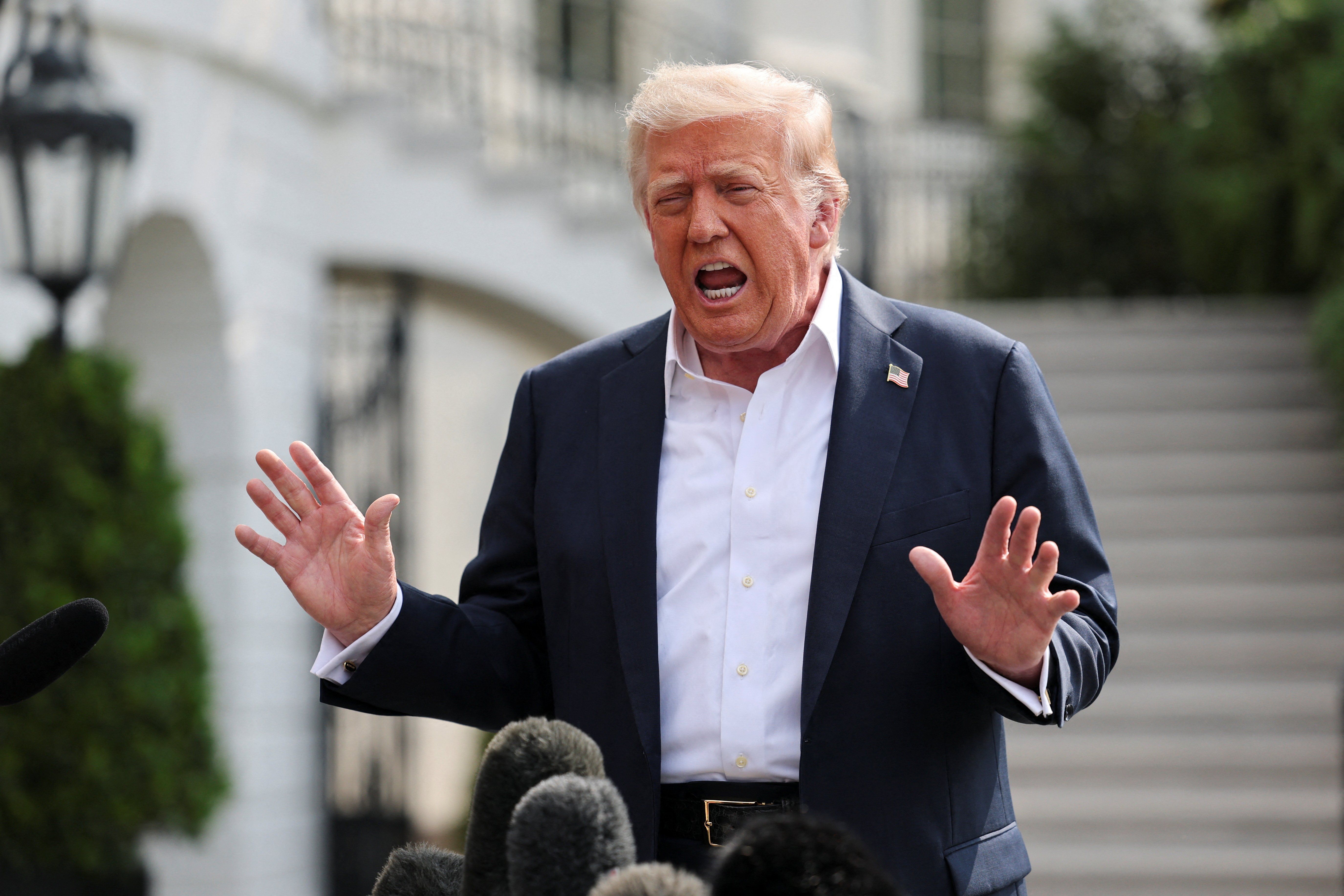In an article for the Guardian published Sunday, anthropologist Arjun Appadurai argued that the key to understanding President Donald Trump is seeing that his entrepreneurial identity is not rooted in innovation or management, but in adversarial dealmaking that serves his narcissistic brand and his unquenchable greed.
Appadurai argued that Trump’s entire career illustrated a form of entrepreneurship where every deal began with his needs and served his wants — a relentless pursuit of the next monetary gain, even after achieving every material benchmark of satisfaction. While this might appear typical among the wealthy, Appadurai explained that Trump was distinct because his dealmaking was performative and adversarial, rather than strategic or market‑oriented.
"Trump’s entire career is built on deals, and his own narcissism is tied up with dealmaking. This is because of his early socialization into his father’s real-estate dealings in and around New York. Real estate in the United States, unlike the money-making modes of super-rich individuals in other countries, relies on deals based on personal reputation, speculation on future asset values, and the ability to launder spotty career records. Profits and losses over time can be hard to identify and quantify precisely, as Trump’s auditors and opponents have often confirmed, since profits, which depend on speculation and unknown future value, are by definition uncertain," he wrote.
READ MORE: 'Guess where the money came from?' Outrage sparked as cost of 'free' Air Force One is revealed
Appadurai emphasized that for Trump, deals functioned as engagements, not finalized contracts — meaning they didn’t need to succeed to serve their purpose.
They enabled him to claim victory publicly while easily redirecting blame if negotiations faltered. This approach, the anthropologist argues, undermined impersonal market efficiency: deals are personal and adversarial — ideal for publicity and ego projection — with little downside risk and no enforceable consequences unless fully executed.
The article noted: "Everything the US president does is for money – and in serving his avarice, he’s managed to triumph over the market."
"Trump has figured out to an exceptional degree that dealmaking does not need to be successful in order to massively increase his wealth," the author further said.
